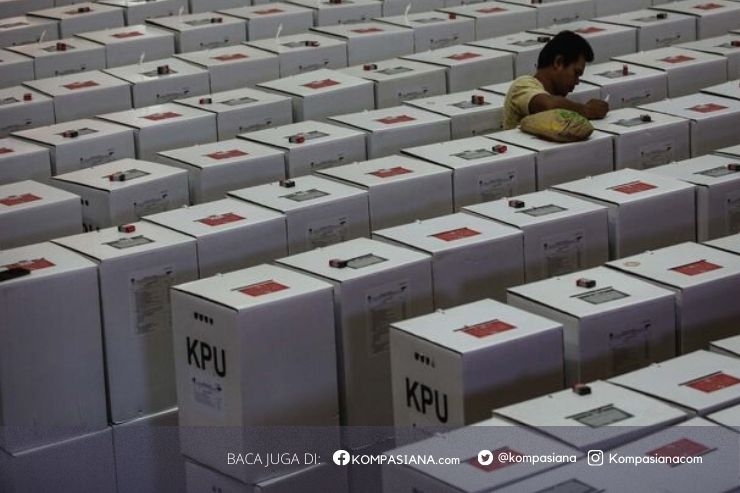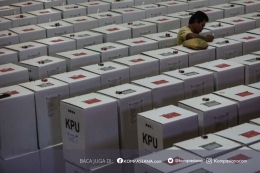Governance plays a crucial role in addressing these challenges. Effective leadership is required to implement policies that will stimulate economic growth, improve infrastructure, and ensure the provision of essential services. The local government must also work to attract investment and promote sustainable practices that will protect the environment and enhance the quality of life for its residents.
In the context of the upcoming local elections, it is vital for candidates to present clear and actionable plans to tackle these issues. Voters will be looking for a leader who not only understands the unique challenges of Singkil but also has a vision for overcoming them and driving the district forward. The ability to navigate the complexities of economic, environmental, and social concerns will be key to the success of any candidate aspiring to make a positive impact in Singkil.
To address its economic challenges, Singkil can adopt a multifaceted approach that leverages its unique geographical and cultural assets. A focus on agriculture, forestry, and fisheries, sectors that are already central to the local economy, can be further strengthened through modernization and sustainable practices. By improving infrastructure, such as transportation and communication networks, Singkil can enhance access to markets and facilitate trade, which is crucial for economic growth.
Investing in education and skill development is also vital, as it would enable the local workforce to diversify into different sectors and adapt to new technologies. This could lead to the creation of new industries and job opportunities, reducing reliance on traditional sectors and increasing economic resilience.
Environmental sustainability should be a cornerstone of economic development in Singkil. Protecting the region's natural resources, while also tapping into eco-tourism, can provide economic benefits without compromising the environment. Initiatives that combine conservation with income generation, such as community-based forestry and fisheries management, can empower local communities and foster a sense of ownership over natural resources.
Healthcare improvements are necessary to ensure a healthy workforce, which is essential for a thriving economy. Establishing better healthcare facilities and services can improve the overall well-being of the population, making Singkil a more attractive place to live and work.
Stakeholder engagement is crucial for successful economic development. The involvement of local government, legislatures, banks, and the community can lead to more inclusive and effective strategies. Encouraging the participation of farmer groups, planters, and fishermen in welfare improvement programs can help align development initiatives with the needs and aspirations of the local population.
Finally, governance reforms that promote transparency, accountability, and efficient public services can build trust and encourage investment. A stable and supportive regulatory environment can attract both domestic and foreign investors, which is essential for long-term economic growth.
By addressing these areas, Singkil can create a robust economic development strategy that not only tackles its current challenges but also sets the foundation for a prosperous future.
Singkil can focus on several specific agricultural practices to enhance productivity and sustainability. One key area is the adoption of agroforestry, which integrates trees with crop and animal farming. This practice can improve soil quality, increase biodiversity, and provide additional income through the sale of timber and non-timber forest products. Another practice is the use of organic farming methods, which avoid synthetic fertilizers and pesticides, thereby preserving soil health and reducing environmental impact.
The region can also benefit from implementing sustainable palm oil cultivation, adhering to No Deforestation, No Peat, and No Exploitation (NDPE) policies. This involves training for smallholders on sustainable practices and legal land use, which can lead to better crop yields and market access. Additionally, Singkil could explore the development of aquaculture, particularly in coastal areas, to diversify income and improve food security.







